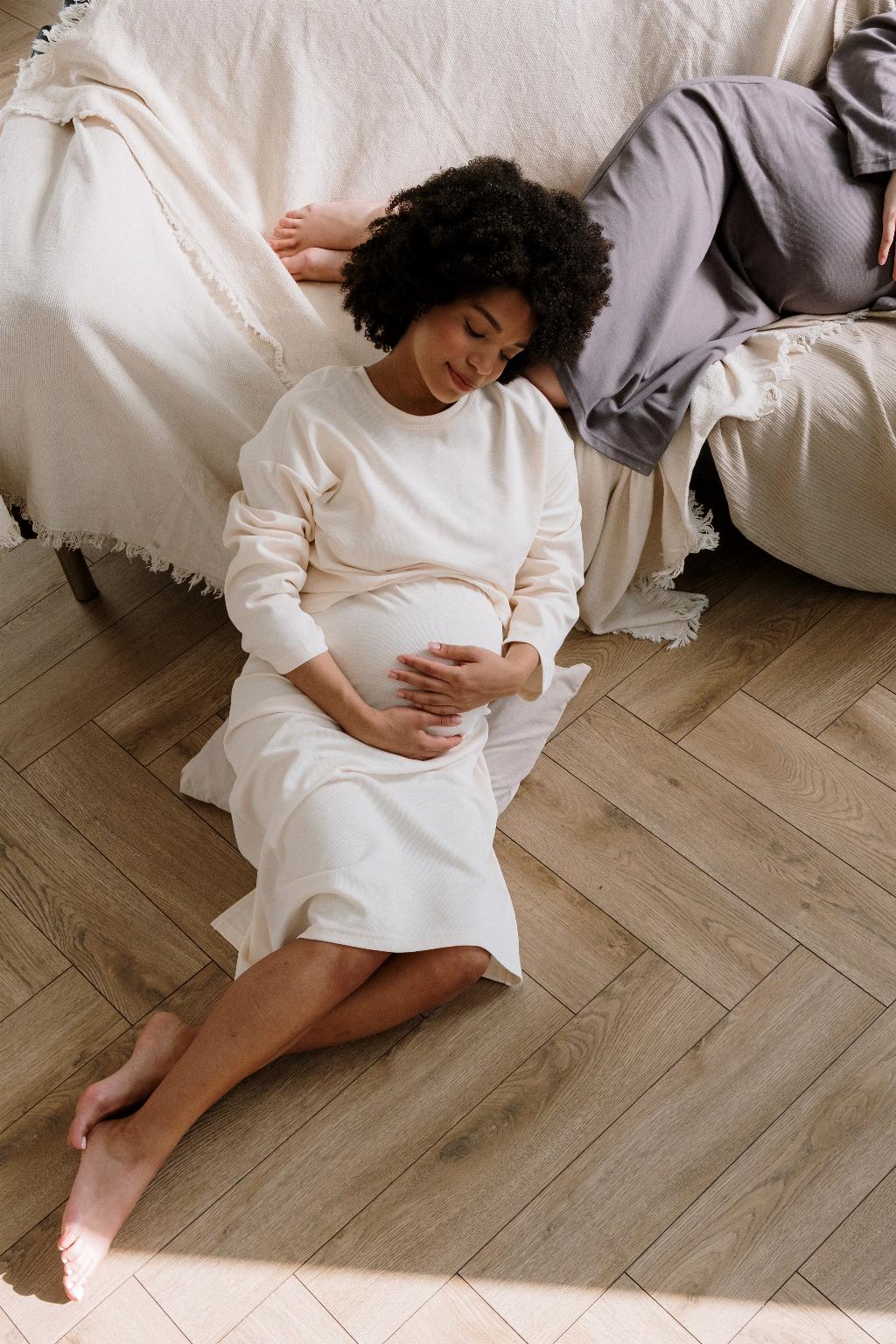When it comes to the journey of conceiving a child, many factors can come into play. One question that often arises is whether it takes longer to get pregnant when a person has only one fallopian tube instead of the usual two.
The Role of Fallopian Tubes in Conception
To understand the potential impact of having one fallopian tube on fertility, it’s essential to grasp the role that these tubes play in conception. The fallopian tubes are pathways through which the egg travels from the ovaries to the uterus. Fertilization typically occurs in the fallopian tubes when sperm meets the egg.
Possible Challenges with One Fallopian Tube
Having only one functional fallopian tube can present some challenges when it comes to the process of conception. Since the egg released by the ovaries needs to travel through the fallopian tube to be fertilized, having one blocked or missing tube can affect this crucial journey.
Increased Time to Conceive
While it is still possible to conceive with one fallopian tube, some individuals may find that it takes longer than expected. The presence of only one tube can potentially delay the fertilization process, leading to a longer time frame before successful conception occurs.
Importance of Seeking Professional Advice
If you have one fallopian tube and are experiencing challenges with conception, seeking advice from a fertility specialist is crucial. These professionals can provide personalized insights and guidance on navigating the journey to parenthood with this unique reproductive situation.
Exploring Treatment Options
For individuals facing difficulties conceiving with one fallopian tube, there are various treatment options available. From fertility medications to assisted reproductive technologies like in vitro fertilization (IVF), there are ways to enhance the chances of successful conception.
Emotional Support and Understanding
Dealing with fertility challenges can be emotionally taxing, especially when faced with the uncertainty of conception with one fallopian tube. It’s essential to seek emotional support from loved ones or counseling services to navigate this journey with resilience and positivity.
Embracing Alternative Paths to Parenthood
For individuals struggling to conceive with one fallopian tube, exploring alternative paths to parenthood can be a rewarding option. Options such as adoption or surrogacy can provide fulfilling opportunities to build a family beyond traditional conception methods.
Importance of Lifestyle Factors
When aiming to conceive with one fallopian tube, it’s vital to prioritize lifestyle factors that can optimize fertility. Healthy habits such as a balanced diet, regular exercise, adequate sleep, and stress management can contribute to overall reproductive wellness.
Partner Involvement and Communication
Conceiving a child is a journey that involves both partners, and open communication is key when facing challenges related to fertility. It’s essential to engage in honest discussions with your partner about your feelings, concerns, and plans moving forward on the path to parenthood.
Celebrating Successes Along the Way
While the road to conception with one fallopian tube may have its challenges, celebrating even the smallest successes along the way is important. Each step forward, whether it’s seeking professional advice, exploring treatment options, or maintaining positive lifestyle habits, brings you closer to your goal of expanding your family.
Conclusion
In conclusion, the presence of one fallopian tube does not eliminate the possibility of conceiving a child, but it may require additional time and support. By staying informed, seeking professional guidance, embracing alternative paths to parenthood, prioritizing wellness, and fostering open communication with your partner, you can navigate the journey of conception with resilience, hope, and determination.

